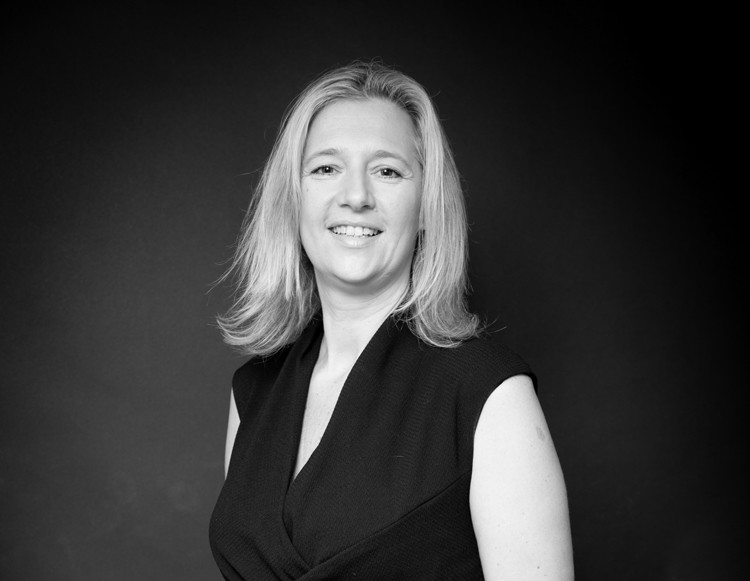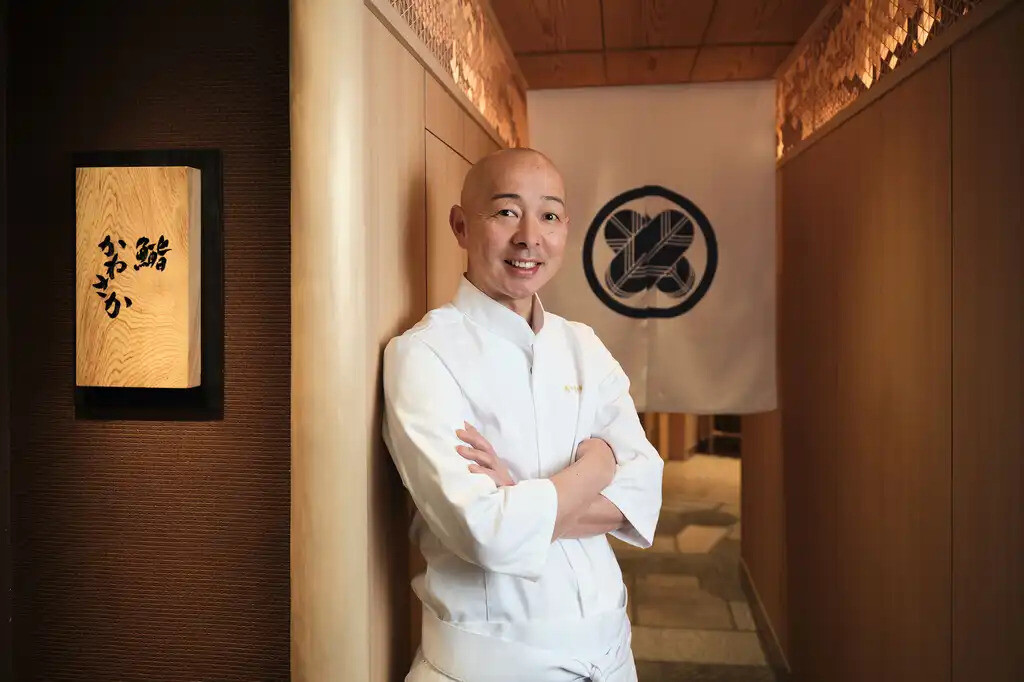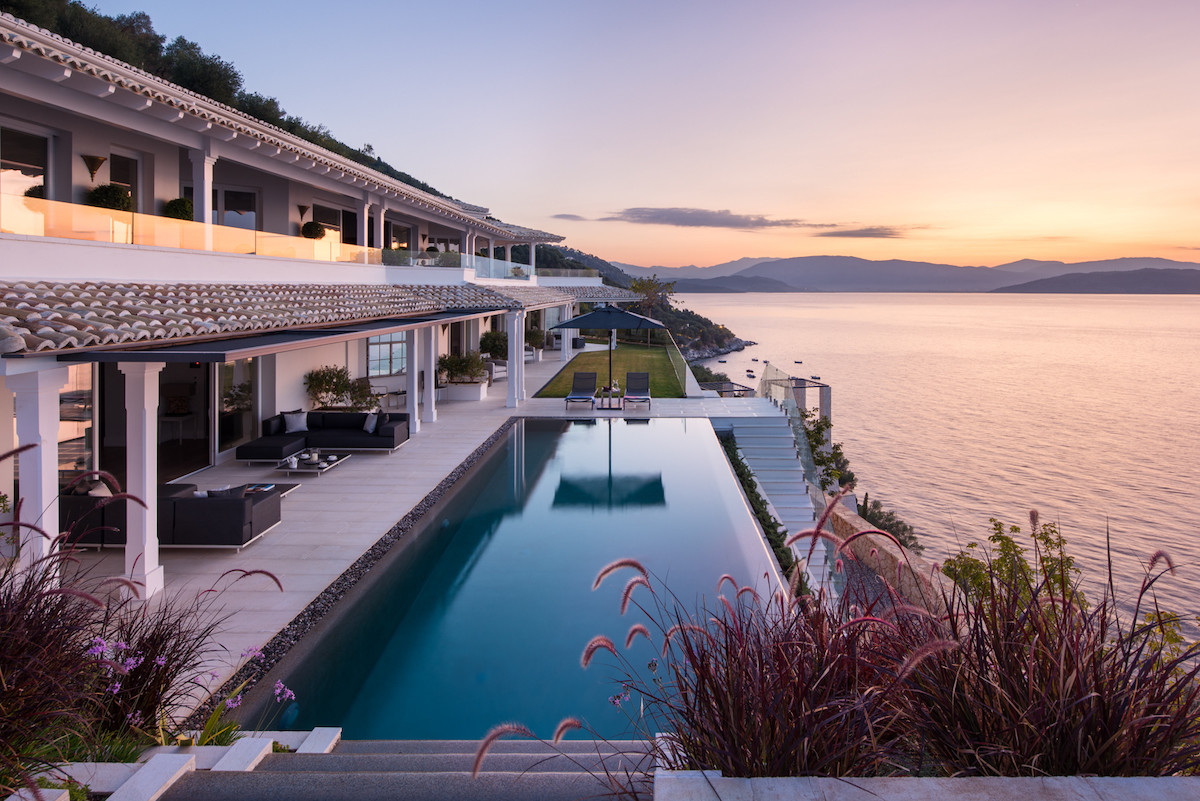Ingrid Peinado is director of human resources at the Zenith Branch of LVMH Swiss Manufactures. Forged in the greatest international groups, her career only confirms her passion for human relationships – an enthusiasm that she discovered in her parents’ family company at a very early age.
It has been a great pleasure for Vendom to have the privilege to discuss and address with her the key aspects of this profession within a company, as well as the developments it is currently facing.
Vendom.jobs – Yours is an extraordinarily diversified career journey, strewed with multiple experiences in famous international groups. Why did you choose a professional career in human resources?
Ingrid Peinado – What I can say is that I was raised with human resources and it has always been a passion. When I was about 15 years old, my parents, who were merchants, took me onboard their adventure – this means that I was attracted to the business side at a very young age. At 18 years old, they let me take over the company’s management and I soon ended up to manage about twenty people. I was immediately attracted by this double role: developing teams, while carrying on a business and fulfilling a relationship with customers. At first, I had decided to study business administration, but I soon realised that this course choice significantly cut me off of human contact. So, I decided, for my postgraduate studies, to turn towards a Master in human resources. This desire has always been deeply rooted in me. At that time, I was already claiming that my wish was to become director of human resources. The versatility of this function – making a link between team support and the company business – absolutely attracted me.
V.J. – What other aspects seduced you in this profession?
I. P. – I would say the constructive and transformative aspects, as well as the possibility of participating in the evolution of a company. I like having the ability to engage in a development process and to collaborate with people. I need to work with my colleagues on the basis of a roadmap that we set up I believe it is very important to determine a way to humanely support that. I thrive on the energy emanating from the discussions with others.
V.J. – What are your greatest satisfactions?
I. P. – I am very proud of the work I carried out in some of the greatest international groups – McDonalds, Nestlé, LVMH. But in light of all these experiences, what I am most grateful for, is to have been able to keep a bond with my former collaborators. I have managed to stay close to my former teams, managers, but also partners. Being trustworthy and weaving durable relationships is also a great source of satisfaction – actually, this happens quite rarely in our private as much as in our professional lives. I like to help people develop their potential and I do it proudly.
V.J. – Actually, resources are the pivotal point of a collaborator experience. Do you perceive differences between Switzerland and France? How do you imagine the latter’s evolution?
I. P. – All countries, also within Europe, present cultural differences. One must adapt not only to one’s interlocutor, but also to one’s culture. More generally, I think that one must always be open to discussion, regardless of the person concerned. I make sure to remain available, to always let my door open, despite the possible divergences. A collaborator experience is also related to diversity and inclusion. Therefore, we have a duty to clear our judgments from the prism of our background, education, contact, … This is how I act, by listening candidly before considering how I can help the person. Creating a dichotomy between private and public life is impossible, as the first inevitably has an impact on the other, and conversely.
V.J. – Regardless of the prestige of a brand like yours, what is essential to attract talents, in your view? How are newcomers integrated?
I. P. – Our slogan is strong and exactly represents what we are and always were, since the time of our founder: “Time to reach your star”. During the recruitment process, we try to detect if candidates possess this type of DNA. Our recruitment process can sometimes be time-consuming, as the final decision does not only lie with the HR. As it has to be involved in our strategy, recruitment is a common decision with our CEO. That being said, we try never to cut the contact with our new collaborators, even if they do not integrate the teams immediately.
We have set up an integration plan related to the position and to the product, including a systematic visit of the manufacture and a familiarisation with e-learning tools. We also implemented training programmes related to a position or a career plan within LVMH. Therefore, the Zenith internal programs can either be transversal, like the watches and jewellery division, or common to all the group, like "LVMH house". We also ask our teams to play an active part in the integration of new collaborators, whom we support through quarterly debates between HR and the managers.
V.J. – How soon after the beginning of the recruitment process do you offer career plans?
I. P. – When starting the interviews, we ask candidates what they expect in the long run, without making any career promises, because the way a person will evolve in a company or on a personal level is an unknown parameter.
Of course, there are gateways: a HR assistant can be promoted coordinator, then head of department, and later regional head of department, etc. The possibilities are many, because we are lucky enough to belong to a large group, whereas Zenith itself has less than 300 people.
Our annual assessment process aims at revisiting our succession plans and emerging talents and we are punctually discussing ways of evolution for them.
V.J. – In the past year, did you set up management methods likely to be perpetuated?
I. P. – Every one to three weeks, we used to run through things with all the teams. In parallel, we created direct connections with people, mainly through WhatsApp. These are still active, but we are trying to limit them for obvious privacy reasons concerning our collaborators. These approaches brought us closer. In fact, last year we had to implement a social plan, for which we were extended the congratulations of the Unia Trade Union for our excellent management of that phase and, in particular, the transparency in our communication with the teams.
The wellbeing of our collaborators is at the core of our work. We hold our meetings in workshops, organise monthly breakfasts, etc. We try to keep the bond, so that they can express themselves in front of all our management committee and in particular our CEO, who devotes a lot of time to our collaborators.
Things have been a little more complicated for foreign markets. For example, we organized cooking contests or virtual pre-dinner drinks – ludic events to keep the connection.
V.J. – Did your brainstorming sessions with your collaborators give life to innovations?
I. P. – Last year, we developed our e-commerce platform, a new distribution channel that was a real success. We also launched discussions on the company’s sustainable profile, and suggested working on greener products, developing carsharing options and implementing waste sorting….
We also discussed the flexibility of working hours, initially during workshops, to ensure the best protection for our employees. For those who can, we are still supporting homeworking, at least until the watchmakers’ holidays in July.
V.J. – How would you advise your collaborators in this kind of “new era” that has dawned?
I. P. – Today, the world is uncertain. My advice would be: “Be nimble. Be ready to adapt.” But most importantly: “Be yourself.” In the end, what matters most is that they remain faithful to their wishes and values. If you want people to be happy, they have to feel good in their head and in their work. My purpose is to manage potentials, to ensure they develop and get fulfilled. We are more adaptable than it is generally implied. Unfortunately, we often realize this only during hard times, when we do not have any other choice than to adapt. As you age, you lose the adaptability that is so typical in children. I think there is an urgent need to find this emotional, intellectual and professional agility again, as it is the basis for our evolution.






